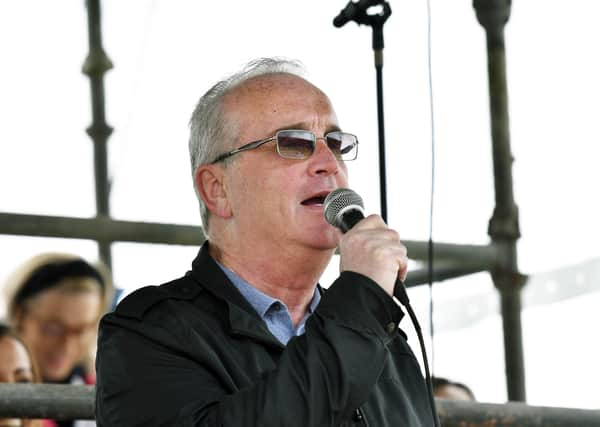Children In Crossfire UK Aid funding cut ‘devastating’


Richard Moore said Children in Crossfire have been taking great forward strides with its pre-primary education programme in Tanzania and UK Aid have been pivotal in supporting this work in the Dodoma region.
“While we have been braced for some UK Aid funding cuts following recent engagement, today’s announcement that our grant funding is to be stopped entirely just 90 days from now is a devastating blow for the communities where we work,” he said. “If implemented, these cuts will have a profoundly negative impact for tens of thousands of vulnerable young children. Our Early Childhood Education work has proven to give children the best possible start in education; cutting this funding will let those children down, limit their life opportunities and ultimately see them left them behind.
Advertisement
Hide AdAdvertisement
Hide Ad“This decision flies in the face of the ideals of global citizenship and solidarity that Children in Crossfire believe in – and successive UK governments have invested in. We exist to challenge the injustices facing the world’s most vulnerable children, so it is extremely hard to accept this deeply unjust decision without a fight. We will give our all to see it reversed.”
Mr Moore said many NGOs who have built excellent working relationships with UK Aid are just as bewildered by thie cuts. “We must all now work together to ensure the UK government steps back from its current position.”
Children in Crossfire works in Ethiopia and Tanzania, delivering education and healthcare programmes for children growing up in poverty.
The UK Aid funded CIC Dodoma programme aims to improve access to and quality of early years’ education for 94,000 children in 700 schools in the region. To date, 223 schools have been engaged.